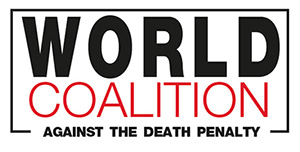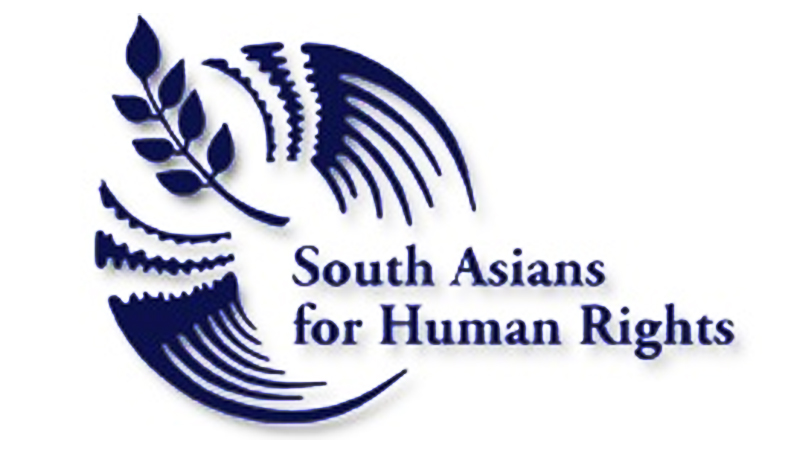Unprecedented Discussions at the UN on a Business and Human Rights Treaty: Will States Walk the Talk?
Geneva, Paris – 13 July 2015.- This past week marked the first session of historic discussions within the United Nations Intergovernmental Working Group (IGWG) towards a treaty on human rights and transnational corporations and other business enterprises. The process represents an unprecedented opportunity to effectively address the prevention and remedy of human rights abuses involving corporations. Despite a promising start on some core issues such as corporate liability and complicity, and the robust involvement of civil society, the absence of key States in the room is regrettable.
The active participation of civil society organisations (CSOs) from all over the world brought to the session first-hand experience and in-depth analyses pointing to the shortcomings and inadequacy of existing frameworks. Their strong presence is testament to a global civil society demand for an instrument that will succeed in preventing and remedy corporate human rights abuses.
FIDH welcomes the quality of the discussions between States, experts and CSOs. “For the first time at the UN, a space was created to discuss the regulation of corporate behaviour and to allow for substantive discussions on crucial issues, ranging from the scope of the treaty, legal liability and access to remedy,” says Katherine Gallagher, FIDH’s Vice-President and Senior Staff Attorney at the Centre for Constitutional Rights who participated in the session. “While there seems to be a general agreement on the need to ensure such an instrument provides for measures specifically addressing the challenges posed by transnational corporations, participating experts have made the point that the instrument should address all businesses for it to comprehensively address corporate accountability and serve as a vehicle that can deliver justice to all victims.” she adds.
FIDH regrets and denounces the absence of many States, and in particular wealthy countries home to the world’s largest multinational corporations. “Choosing to leave the chair empty sends yet another negative signal to victims of corporate-related abuse”, says Karim Lahidji, FIDH President. “Moreover, it raises questions regarding States’ commitments to prioritize human rights over economic interests, much more so when they – at the same time- hastily concluding trade and investment agreements largely protecting investors’ rights.” he said.
FIDH calls on all States to actively and constructively take part in this process, building on this international process to take immediate political and legislative measures to reinforce national and regional normative systems and to ensure robust and effective enforcement mechanisms are put in place to respond to corporate-related human rights violations.
***
Background:
FIDH called on all States to engage constructively in these discussions, and made a written submission to the IGWG, as well as oral statements during panels.
As member of the Treaty Alliance, a global movement of over 600 civil society organisations and social movements, FIDH is a signatory to the first and second Treaty Alliance Statements, signed by over 1000 CSOs, social movements and individuals. FIDH is engaged in a joint Treaty Initiative project together with ESCR-Net, aiming at developing concrete content proposals towards an international treaty based on global consultations.
Press Contacts:
Arthur Manet (French, English, Spanish), Email: press@fidh.org, Tel:+33 6 72 28 42 94 (Paris)
Lucie Kroening (French, English, German, Arabic), Email: press@fidh.org, Tel: +33 6 48 05 91 57 (Paris)
FIDH is an international human rights NGO representing 178 organizations from close to 120 countries. Since 1922, FIDH has been defending all civil, political, economic, social and cultural rights as set out in the Universal Declaration for Human Rights.
Category: English






